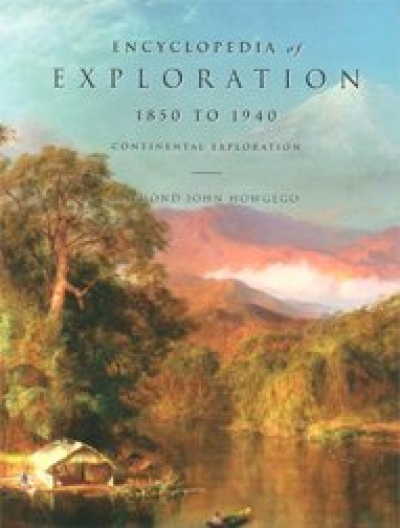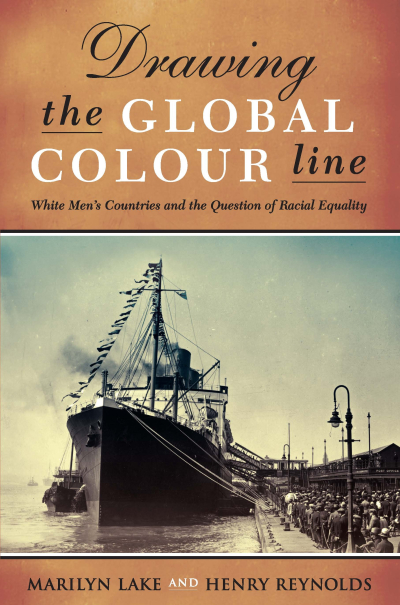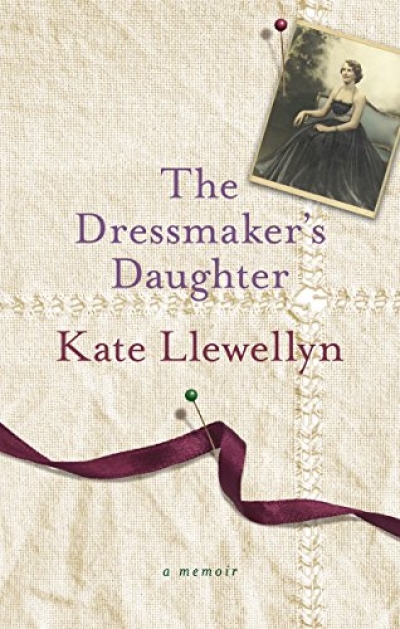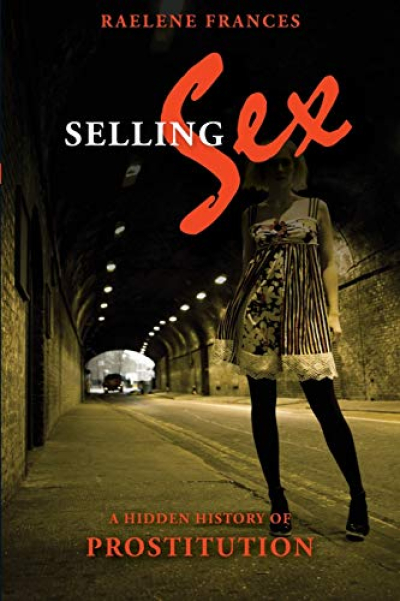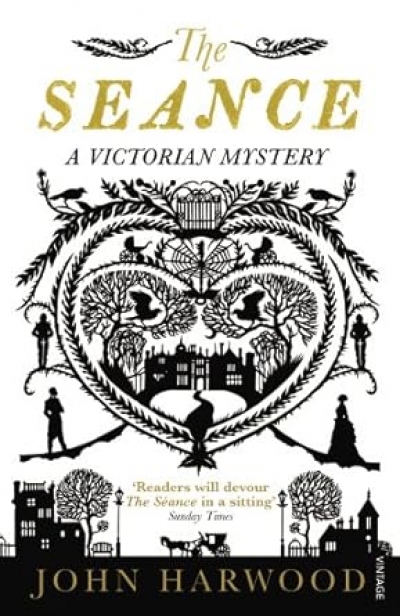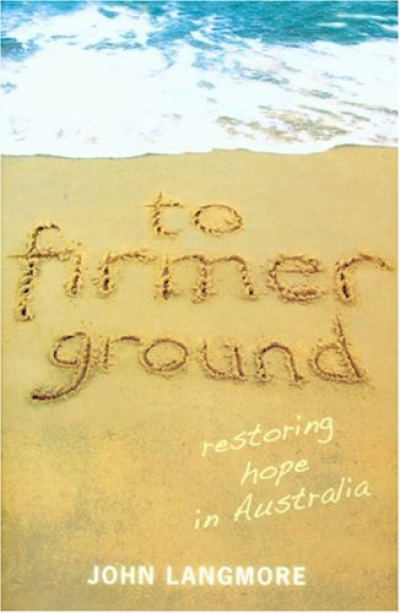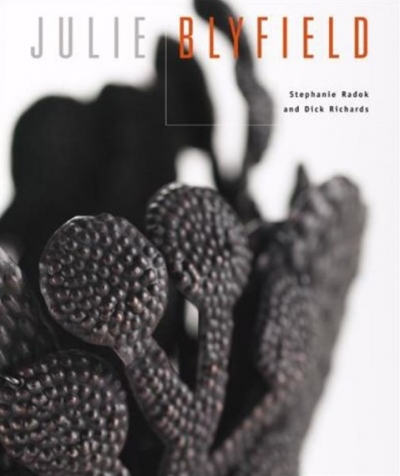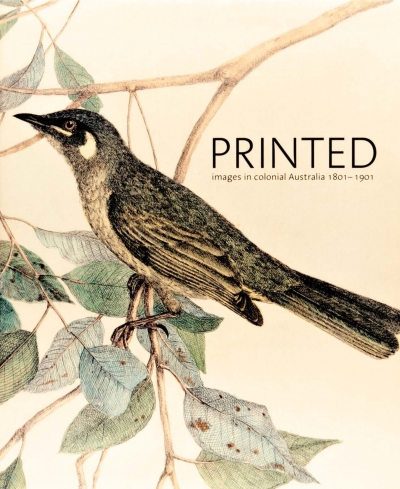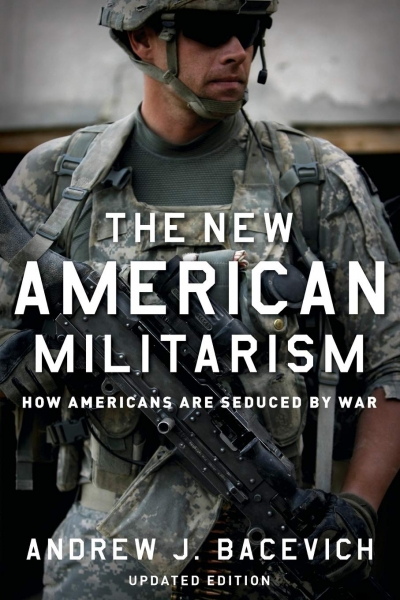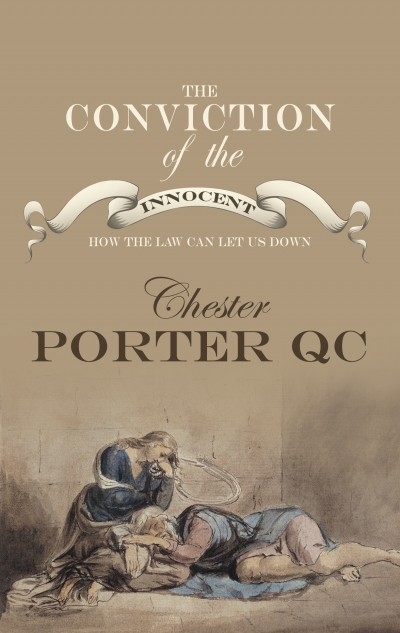NonFiction
Encyclopedia of Exploration 1850–1940 by Raymond John Howgego & Australia in Maps by Maura O’Connor et al.
by Ian Morrison •
Drawing the Global Colour line: White men’s countries and the question of racial equality by Marilyn Lake and Henry Reynolds
by Warwick Anderson •
Selling Sex: A hidden history of prostitution by Raelene Frances
by Jay Daniel Thompson •
Printed Images in Colonial Australia 1801-1901 edited by Roger Butler & Printed Images by Australian Artists 1885-1955 edited by Roger Butler
by John McPhee •
The New American Militarism by Andrew J. Bacevich & Unintended Consequences by Kenneth J. Hagan and Ian J. Bickerton
by Richard Broinowski •
The Conviction of the Innocent: How the law can let us down by Chester Porter
by Philip Selth •

